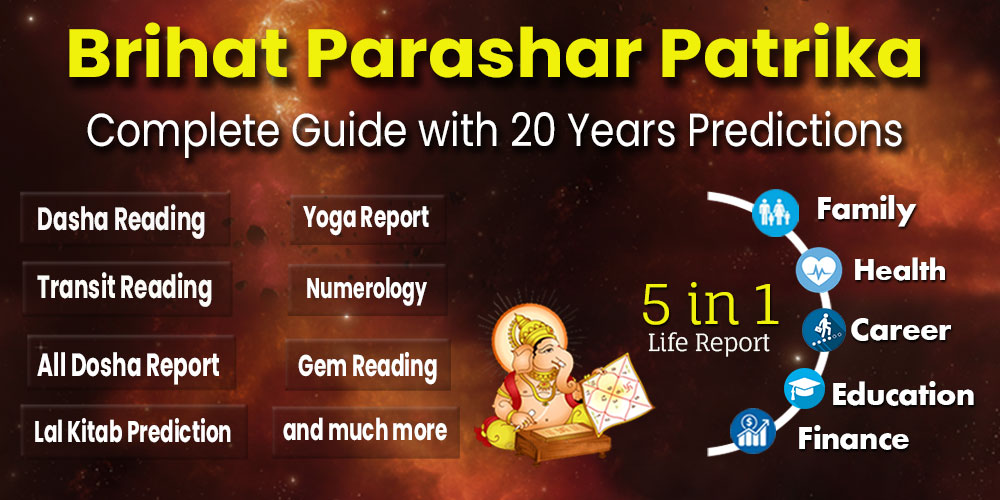Significance
Vasakhi is a festival celebrated in the Punjab region. The festival coincides with other festivals celebrated on the first day of Vaisakh, in some regions of India.
Vaisakhi is especially important for the Sikh community as it marks the establishment of the Khalsa. More recently, this festival is also celebrated around the world by Sikh diaspora.
The festival is also celebrated by Hindus and Buddhists for different reasons including the start of a new year. People in the Punjab Region regard Vaisakhi as a harvest festival and the Punjabi new year.
History
Vaisakhi is one of the three festivals chosen by Guru Amar Das Ji to be celebrated by Sikhs (the others being Maghi and Diwali which later gave rise to the festival of Bandi Chor Divas during the times of the sixth Guru Hargobind Sahib Ji).
The festival bears a great significance for Sikhs due to the fact that on the Vaisakhi Day in the year 1699, the 10th Guru of the Sikhs, Guru Gobind Singh laid down the foundation of the Panth Khalsa, that is the Order of the Pure Ones. It is also used as a celebration for those accepting the five Ks.
To mark the celebrations, Sikh devotees generally attend the Gurdwara before dawn with flowers and offerings in hands. Processions through towns are also common.
For Hindus in the Punjab region, Vaisakhi is the start of the new Solar year, and is celebrated with requisite bathing, partying, and worshipping.
For Hindus across the Punjab region and other parts of India, there is another reason to celebrate the first day of Vaisakh. It is believed that thousands of years ago, Goddess Ganga descended to earth and in her honour, many Hindus gather along the sacred Ganges River for ritual baths. The action is centered in the holy cities along the Ganges in north India, or in Srinagar's Mughal Gardens, Jammu's Nagbani Temples, or anywhere in Tamil Nadu. Hindus plant poles (wrapped in flags of gold-embroidered silk) in front of their homes, and hang pots of brass, copper or silver on top.
In Kerala, the festival is called 'Vishu'. It includes fireworks, shopping for new clothes and interesting displays called 'Vishu Kani'. These are arrangements of flowers, grains, fruits, cloth, gold, and money are viewed early in the morning, to ensure a year of prosperity.
In Assam, the festival is called Bohag Bihu, and the community organizes massive feasts, music, and dancing.
Swami Dayanand Saraswati founded the Arya Samaj on Vaisakhi, in 1875.
Apart from the Sikhs and Hindus, Vaisakhi is an important day for the Buddhists as well. The name is Vesakha, Vaisakha, Vesak or Wesak. It commemorates the Birth, the Awakening and the Enlightened Passing Away of Gautama Buddha who was born as prince Siddharta.
Determination of Date
People of Punjab celebrate this festival to express the joy of cutting of crops. When Sun enters into Aries as per Nirayan system then festival of Vaishakhi gets celebrated next day morning after sun rise.
How to Celebrate
In the villages of Punjab and Haryana, the day of Baisakhi is full of colors and vibrancy. Cries of “Jatta aayi Baisakhi” reverberate in the skies as gaily-dressed men and women move towards the fields to celebrate the occasion. High point of Baisakhi celebrations in villages is the performance of traditional folk dance bhangra and gidda by men and women respectively. The dance is simple in movement but is extremely energetic and is performed in-groups on the beat of dhol.
Farmers also celebrate Baisakhi as a Thanksgiving Day. After taking an early bath in ponds or rivers people visit temples or gurdwaras to express gratitude to the Almighty for the bountiful harvest and pray for prosperity and good times in future.
At several places in Punjab colourful Baisakhi Fairs are also organized to celebrate the day. People participate in these fairs with lots of enthusiasm and charm. Major attractions of Baisakhi Fairs are the bhangra and gidda performances besides wrestling bouts, singing and acrobatics. Performance of folk instruments - vanjli and algoza is also quite popular. Food stalls and shops selling trinkets make Baiskhi Melas even more joyful.
Sikhs celebrate this very important day of their religion with joy and devotion. They take an early bath, wear new clothes and visit the neighborhood gurdwara (Sikh place of worship) to participate in the special prayer meet marked for the day. After a special ardas of kirtans (religious songs) and discourses kada prasad (sweetened semolina) is distributed amongst all present. Later, people sit in rows to relish the langar or community lunch prepared and served by kar sevaks or volunteers. Major celebrations of Baisakhi are organized at Golden Temple, Amritsar where the Khalsa Panth was founded on a Baisakhi Day in 1699. Most Sikhs strive to visit Golden Temple on the occasion.
Another high point of Baisakhi celebrations by Sikhs is the Baisakhi procession or nagar kirtan carried though the city under the leadership of Panj Piaras or the Five Beloved Ones. Men, women and children alike participate in the Baiskhi processions with enthusiasm. Mock duels, bands playing religious tunes and performance of bhangra and gidda dance make Baisakhi processions quite colourful and enchanting. Later in the evening, people exchange greetings with friends and relatives usually with a box of sweets or other traditional gifts.
The auspicious day of Baisakhi is celebrated all over India though under different names and with different set of rituals. People of Assam celebrate April 13 as Rongali Bihu, while those in West Bengal celebrate it as Naba Barsha. Bihar celebrates Baisakhi as Vaishakha in honour of the Sun God, Surya while Kerala celebrates it as Vishu and Tamil Nadu as Puthandu. In Kashmir, a ceremonial bath and general festivity mark Baisakhi while in Himachal Pradesh devotees flock to the temple of Jwalamukhi and take a holy dip in the Hot Springs.
